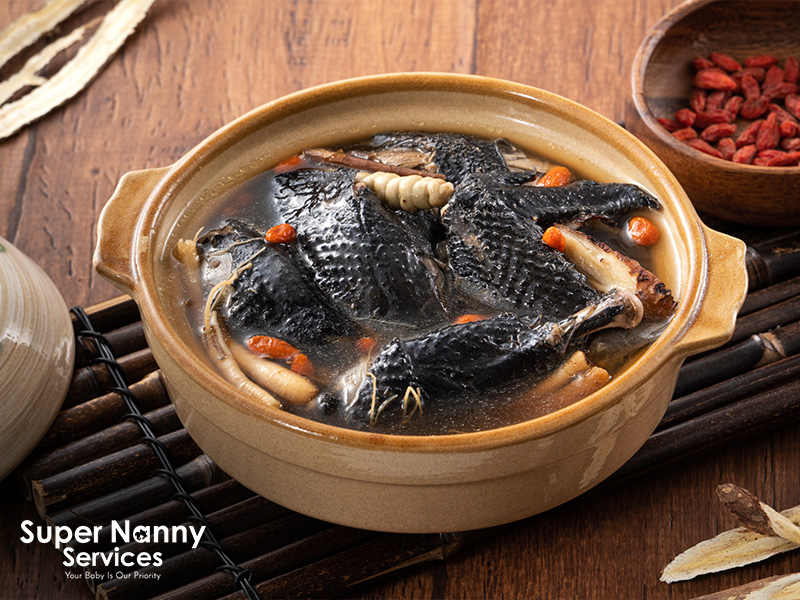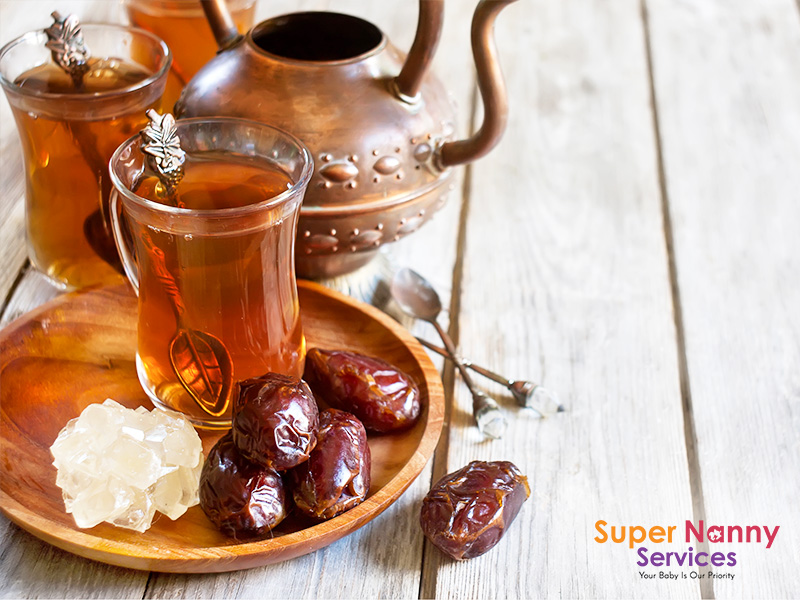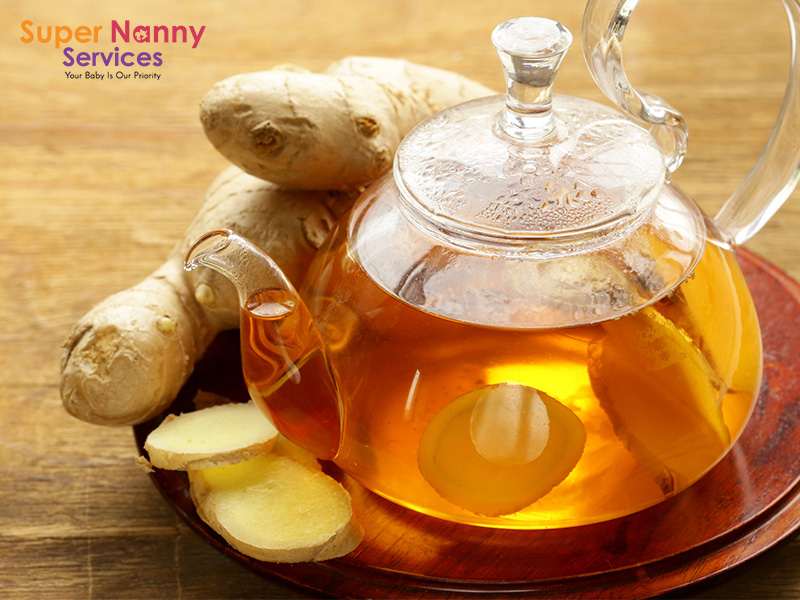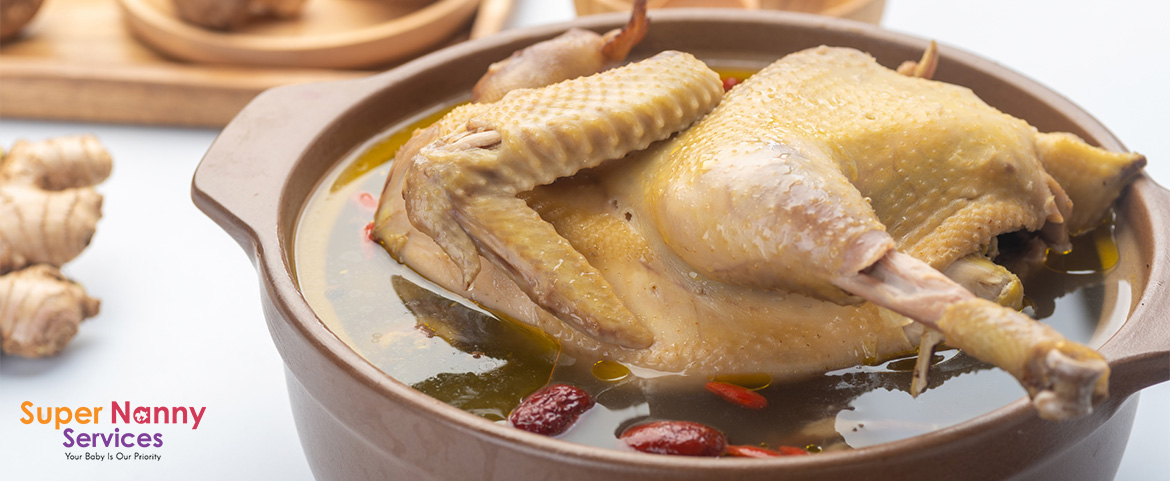Are you a new mother who has just delivered? The confinement phase can bring many challenges as you juggle taking care of your infant and your own physical recovery from childbirth. Traditional Chinese Medicine (TCM) recognises the importance of nurturing a mother’s body and restoring her health, and offers a wealth of herbal remedies that can support postpartum recovery. However, discerning which ones are best suited for you may feel daunting with numerous options available. To help you out, let us share with you a list of essential traditional Chinese herbs and their respective roles in promoting postnatal wellness. Continue reading to learn more!
Dang Gui (Angelica Sinensis)

Dang Gui, also known as Chinese Angelica, is a staple in TCM for women’s health, especially during the postnatal period. This herb is renowned for its ability to nourish and invigorate blood, making it particularly beneficial for women recovering from childbirth and replenishing blood loss during labour.
Often prescribed to alleviate postpartum symptoms such as fatigue, weakness, and anaemia, Dang Gui is believed to regulate the menstrual cycle, promote circulation, and support overall vitality. You can add it to your herbal soups, teas, or confinement meals to give your body some nourishment, strengthening your body constitution and ensuring balance during this delicate period.
Hong Zao (Red Dates)

Hong Zao, or red dates, holds a special place in Chinese culture as a symbol of nourishment and well-being. They are highly valued for their restorative properties, making them an indispensable feature in postpartum recovery. In fact, you can usually find them in confinement foods such as herbal teas and hearty soups. These sweet and nutritious fruits are rich in vitamins and minerals, including iron, potassium, and vitamin C, which are essential for replenishing blood and energy levels after childbirth. But that’s not all, Hong Zao is also believed to tonify the spleen and stomach, improve digestion, boost immunity, as well as promote healing, vitality, and lactation.
Sheng Jiang (Fresh Ginger)

During the postpartum period, mothers may experience coldness in the body due to the depletion of Qi (vital energy) and blood during childbirth. Sheng Jiang is a highly valued herb for its ability to support recovery. This comes as no surprise given that it is capable of dispelling cold,warming the body, improving circulation, and aiding in digestion. Some dishes featuring this ingredient include ginger chicken soup and ginger-infused teas. With its aromatic flavour that revitalises and provides a sense of comfort, it’s no wonder Sheng Jiang has become a staple ingredient favoured by both mothers and confinement nannies alike.
Learn more: 4 Things To Communicate With Your Confinement Nanny
Du Zhong (Eucommia Bark)
Known for its ability to regulate and enhance the immune and central nervous systems, Du Zhong plays a crucial role in supporting postpartum recovery. Its therapeutic properties extend to nourishing the liver and kidneys, vital organs often in need of restoration after childbirth. Additionally, Du Zhong is valued for its capacity to strengthen bones and muscles, providing essential support during the physical demands of motherhood.
During the postnatal period, the natural support from Chinese herbs is vital in promoting mothers’ recovery. By incorporating these herbs into their confinement regimen, you can nourish your body, replenish energy, and thrive in the transition to parenthood!
Looking to embark on your confinement journey with expert guidance? From traditional Chinese herbal remedies to assisting with newborn care, Super Nanny, a confinement service in Singapore, and its team of confinement ladies is here to set you on the path of optimal recovery and wellness. Reach out to us and find out more today!

